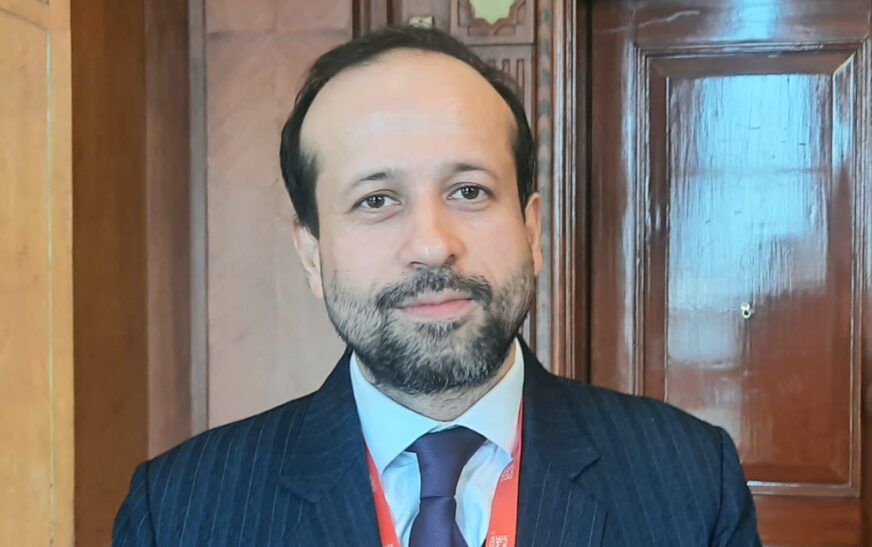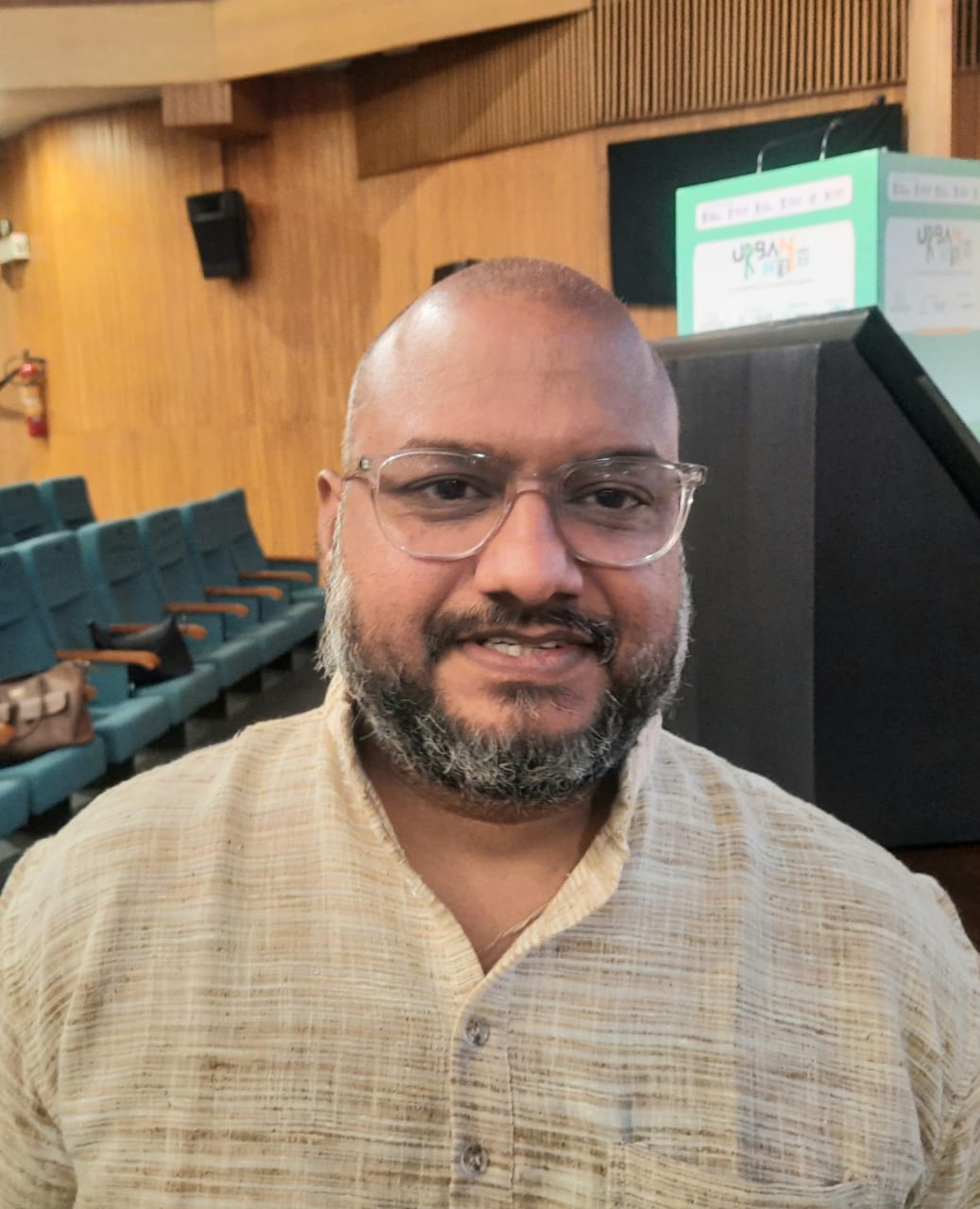Abhishek Gupta, a distinguished corporate leader with more than two decades of experience in the consulting sector, currently serves as the Partner – Government Advisory at EY. Prior to his role at EY, Gupta held prominent positions at renowned global MNCs such as PwC and IBM. A proud alumnus of IIM Ahmedabad, the Project Management Institute, and Philanthropy University, Gupta brings a wealth of knowledge and expertise to his current role.
In a recent interaction with The Interview World, Abhishek Gupta emphasizes the critical importance of establishing a distinctive brand identity for India. Furthermore, he accents enhancing export capabilities, formulating effective regulations, and establishing facilitation centers on a global scale. Below are the key highlights from his insightful interview.
Q: Could you shed light on the brand India’s story?
A: The concept revolves around acknowledging the global recognition of India’s manufacturing prowess, which is steadily gaining momentum. India has effectively established a strong brand presence in this domain. However, it is now imperative to extend this branding effort to the export arena. Specifically, we need to identify a select range of unique products, perhaps five to six items, where India possesses distinctiveness.
Consider, for instance, when we discuss cars, German cars come to mind; when talking about watches, Swiss watches are the reference; and in the case of wine, it’s French wine. The question arises: how did these associations come about? Undoubtedly, quality plays a significant role, but the primary driver is branding. Therefore, as a nation, we must identify and promote certain products that embody India’s uniqueness. This entails conveying to the world that if a particular product originates from India, it epitomizes top-notch quality and value for money.
In essence, the forthcoming narrative for Brand India will not only focus on manufacturing prowess but also emphasize unique export products that signify excellence. This strategic approach aims to position India as a global hub for superior and reasonably priced products in specific categories, an aspect soon to be prominently visible in international markets, especially from an export standpoint.
Q: What sort of regulations are you looking for to boost exports from India?
A: Moving forward, I’d like to focus on the prospective free trade agreements for India, steering clear of delving into historical agreements. An essential aspect is the elimination of non-tariff barriers to facilitate smoother export processes. Simultaneously, addressing tariff barriers, as mandated by the WTO, is crucial.
Looking ahead, India is actively engaging in discussions about new FTAs, some of which have already made headlines. These agreements aim to streamline processes by reducing compliance requirements and fostering a robust import-export environment between participating countries.
In the pursuit of these agreements, there is a concerted effort to create a conducive environment for Indian exporters. This involves a strategic approach to both non-tariff and tariff barriers, ensuring that the outcome benefits and encourages the Indian export sector.
Q: What role will the facilitation centers play in the narrative of exports?
A: The concept behind establishing export facilitation centers is primarily geared towards benefiting existing or potential Indian exporters. In addition to providing information on product export potential, these centers aim to guide exporters through compliance procedures and assist them in connecting with potential buyers.
Ownership of these export facilitation centers is ideally envisioned for industry associations and groups of industry federations. Government involvement is anticipated to some extent, to offer guidance and support. This collaboration may extend to foreign missions, leveraging their wealth of information and data. Ultimately, such a cooperative approach is envisioned to create a mutually beneficial outcome for all stakeholders involved.
Q: Where will these centers be strategically located?
A: Although the decision has not been finalized, I am confident that the government is diligently considering its options. It seems logical to establish these centers in prominent locations globally, whether it be in Singapore, Dubai, Hong Kong, Taiwan, a European city, or even the United States. In this way, these locations would serve as the primary hubs worldwide.










0 Comment
It’s hard to find knowledgeable people on this topic, but you sound like you know what you’re talking about! Thanks
Comments are closed.